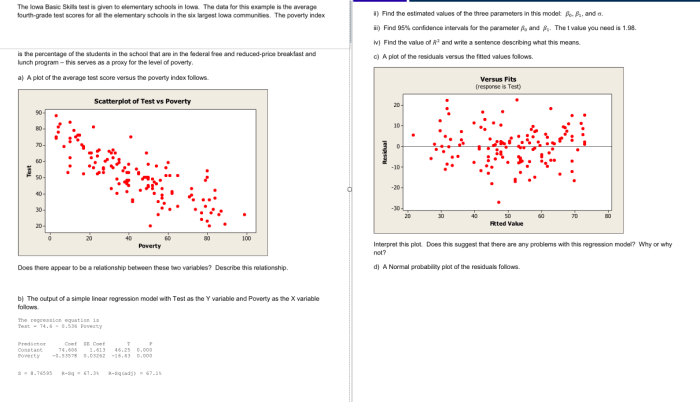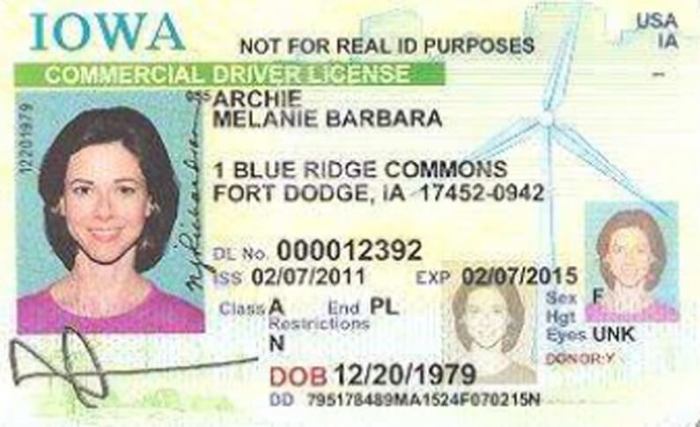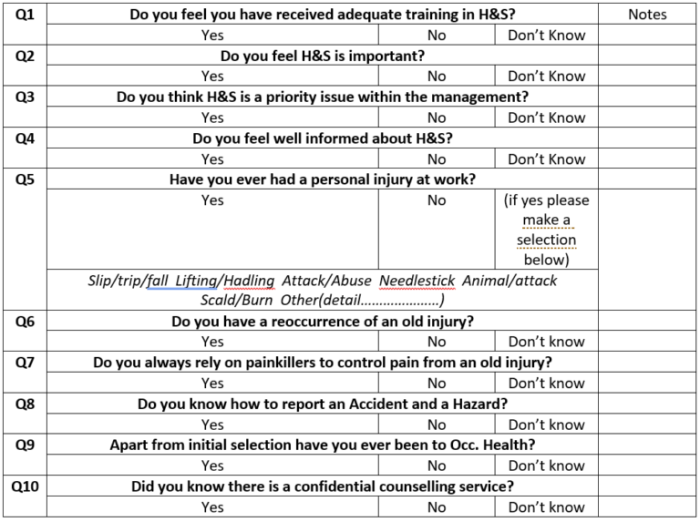Iowa core manual test answers – Embark on a journey of academic excellence with “Mastering the Iowa Core Manual Test: Unlocking Success with Confidence.” This comprehensive guide will empower you with the knowledge and strategies to conquer this assessment, propelling you towards your educational aspirations.
Prepare to delve into the intricacies of the Iowa Core Manual Test, exploring its scope, question types, and essential skills. Discover effective study techniques, time management secrets, and test-taking strategies that will maximize your performance.
Core Manual Test Coverage
The Iowa Core Manual Test (ICMT) is a comprehensive assessment designed to evaluate the reading and math skills of students in grades 3 through 11.
The ICMT covers a wide range of skills, including:
Reading Skills
- Phonics and word recognition
- Vocabulary
- Comprehension
- Literary analysis
Math Skills
- Number sense
- Algebra
- Geometry
- Measurement
- Data analysis
Preparation Strategies
To effectively prepare for the Iowa Core Manual Test, it is essential to adopt efficient study methods and develop effective time management and test-taking strategies. By implementing these techniques, you can increase your understanding of the test material, enhance your problem-solving abilities, and maximize your performance on the exam.
To begin your preparation, create a dedicated study plan that Artikels your study schedule, identifies your strengths and weaknesses, and allocates time for focused study sessions. Break down the test material into smaller, manageable chunks to avoid feeling overwhelmed. Utilize active learning techniques, such as flashcards, practice questions, and mock tests, to reinforce your understanding and improve your recall.
Additionally, seek support from teachers, tutors, or study groups to clarify concepts and gain alternative perspectives.
Time Management
Effective time management is crucial for success on the Iowa Core Manual Test. Allocate your study time wisely, prioritizing areas where you need the most improvement. During the exam, manage your time strategically, allocating a specific amount of time to each section and question.
Avoid spending too much time on a single question; if you encounter difficulty, move on and return to it later. Utilize the time remaining to review your answers and ensure their accuracy.
Test-Taking Strategies
Develop effective test-taking strategies to optimize your performance on the Iowa Core Manual Test. Before the exam, familiarize yourself with the test format, question types, and time limits. During the test, read the instructions carefully, ensuring you understand what is being asked.
Use the process of elimination to rule out incorrect answers and narrow down your choices. When answering multiple-choice questions, avoid making impulsive decisions; carefully consider each option before selecting your answer.
Test Format and Structure
The Iowa Core Manual Test is a standardized test designed to assess students’ reading, writing, and mathematics skills. It is divided into three sections:
Reading
- Comprehension: Students answer questions about passages they read.
- Vocabulary: Students define words in context.
Writing
- Multiple-choice: Students choose the best answer from a list of options.
- Constructed response: Students write short answers to questions.
Mathematics
- Number and operations: Students solve problems involving numbers and operations.
- Algebra: Students solve problems involving algebraic equations and expressions.
- Geometry: Students solve problems involving geometric shapes and figures.
- Measurement: Students solve problems involving measurement and data.
Sample Questions and Answers

Sample questions and answers from each section of the test are provided to help you understand the format and structure of the exam. These examples will also give you a sense of the difficulty level and the types of questions you can expect.
The correct answers are provided with explanations to help you understand the reasoning behind the correct choice.
Programming Concepts
- Question:Which of the following is not a primitive data type in Java?
- Answer:String
- Explanation:String is a non-primitive data type in Java, as it is a class rather than a primitive type like int, double, or boolean.
Data Structures and Algorithms
- Question:What is the time complexity of a binary search algorithm?
- Answer:O(log n)
- Explanation:Binary search has a time complexity of O(log n) because it repeatedly divides the search space in half, reducing the number of elements to be searched by half at each step.
Software Engineering
- Question:Which of the following is a key principle of agile development?
- Answer:Iterative and incremental development
- Explanation:Iterative and incremental development is a core principle of agile development, which involves breaking down a project into smaller, manageable chunks and developing them incrementally.
Database Concepts
- Question:What is the purpose of a foreign key in a database?
- Answer:To establish a relationship between two tables
- Explanation:A foreign key is a column in a table that references a primary key in another table, creating a relationship between the two tables.
Scoring and Interpretation: Iowa Core Manual Test Answers

The Iowa Core Manual Test is scored based on the number of correct answers a student provides. The test results are then interpreted to identify areas where the student may need additional support or enrichment.
Scoring System
The Iowa Core Manual Test uses a raw score system, where each correct answer is worth one point. The raw score is then converted into a scaled score, which ranges from 1 to 99. The scaled score is used to compare a student’s performance to the performance of other students who have taken the test.
Interpreting Test Results
The Iowa Core Manual Test results can be used to identify areas where a student may need additional support or enrichment. For example, a student who scores low on the reading comprehension section of the test may need additional support with reading comprehension skills.
A student who scores high on the mathematics section of the test may be ready for enrichment activities in mathematics.
Iowa Core Manual test answers provide valuable insights into educational progress. For those seeking deeper understanding of networking concepts, exploring interview questions on TCP IP can further enhance their knowledge. By delving into these questions, candidates can gain a comprehensive understanding of the intricacies of network communication, complementing their preparation for the Iowa Core Manual test answers.
Additional Resources

Expanding your knowledge and preparation for the Iowa Core Manual Test is essential for success. Utilize these official websites and resources to enhance your understanding and practice your skills.
Furthermore, consider exploring practice tests and preparation materials to gain a deeper insight into the test format and question types. These resources can help you identify areas for improvement and develop effective strategies for answering questions.
Official Websites and Resources
- Iowa Department of Education: https://educateiowa.gov/topics/assessment/iowa-core
- Iowa Testing Programs: https://itp.education.uiowa.edu/
- Iowa Core Standards: https://educateiowa.gov/standards/iowa-core
Practice Tests and Preparation Materials, Iowa core manual test answers
- Iowa Core Practice Tests: https://itp.education.uiowa.edu/practice-tests
- Study.com Iowa Core Test Prep: https://study.com/academy/course/iowa-core-test-prep-study-guide.html
- Kaplan Test Prep: https://www.kaptest.com/study/iowa-core
FAQ Compilation
What is the scope of the Iowa Core Manual Test?
The Iowa Core Manual Test covers a comprehensive range of academic skills, including reading, writing, mathematics, science, and social studies.
How can I effectively prepare for the Iowa Core Manual Test?
Engage in regular practice, utilize study resources, and seek guidance from educators or tutors to enhance your preparation.
What strategies can I employ during the test?
Manage your time wisely, read instructions carefully, and approach each question with a strategic mindset.

